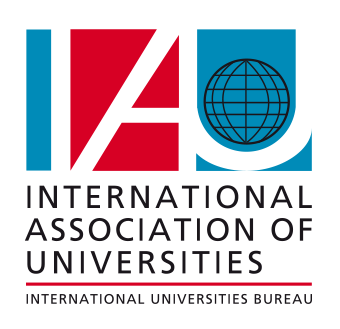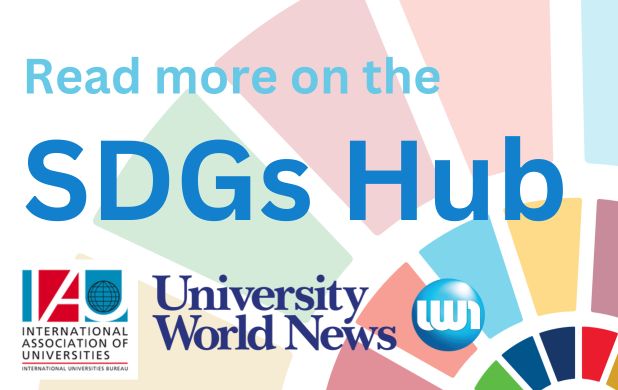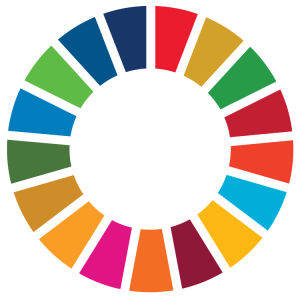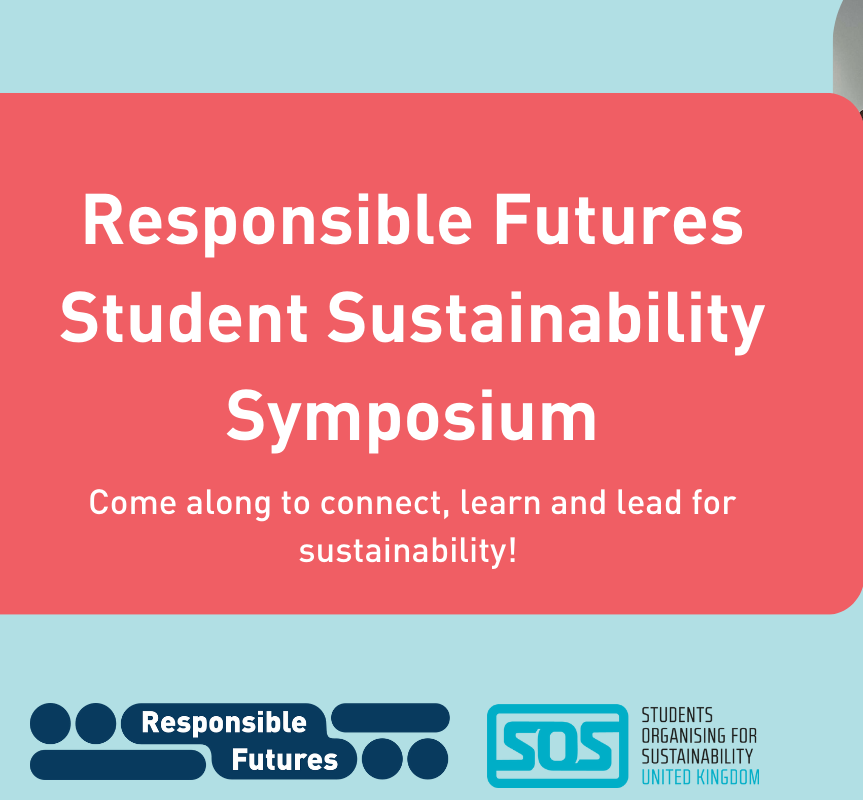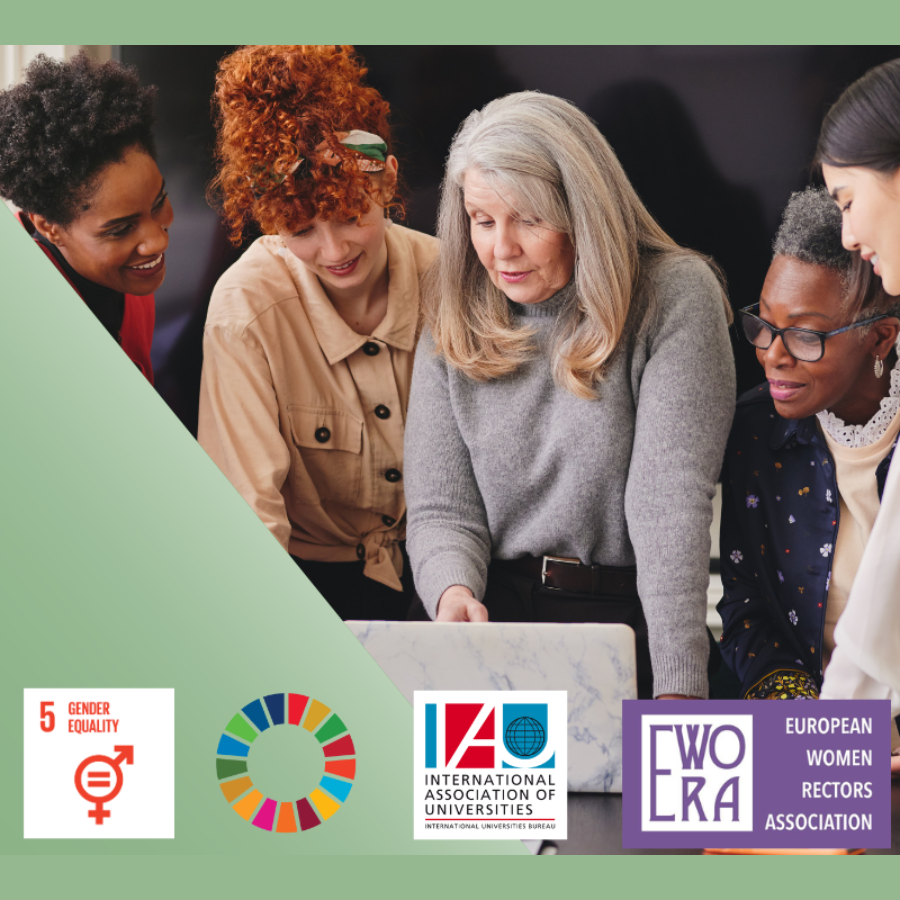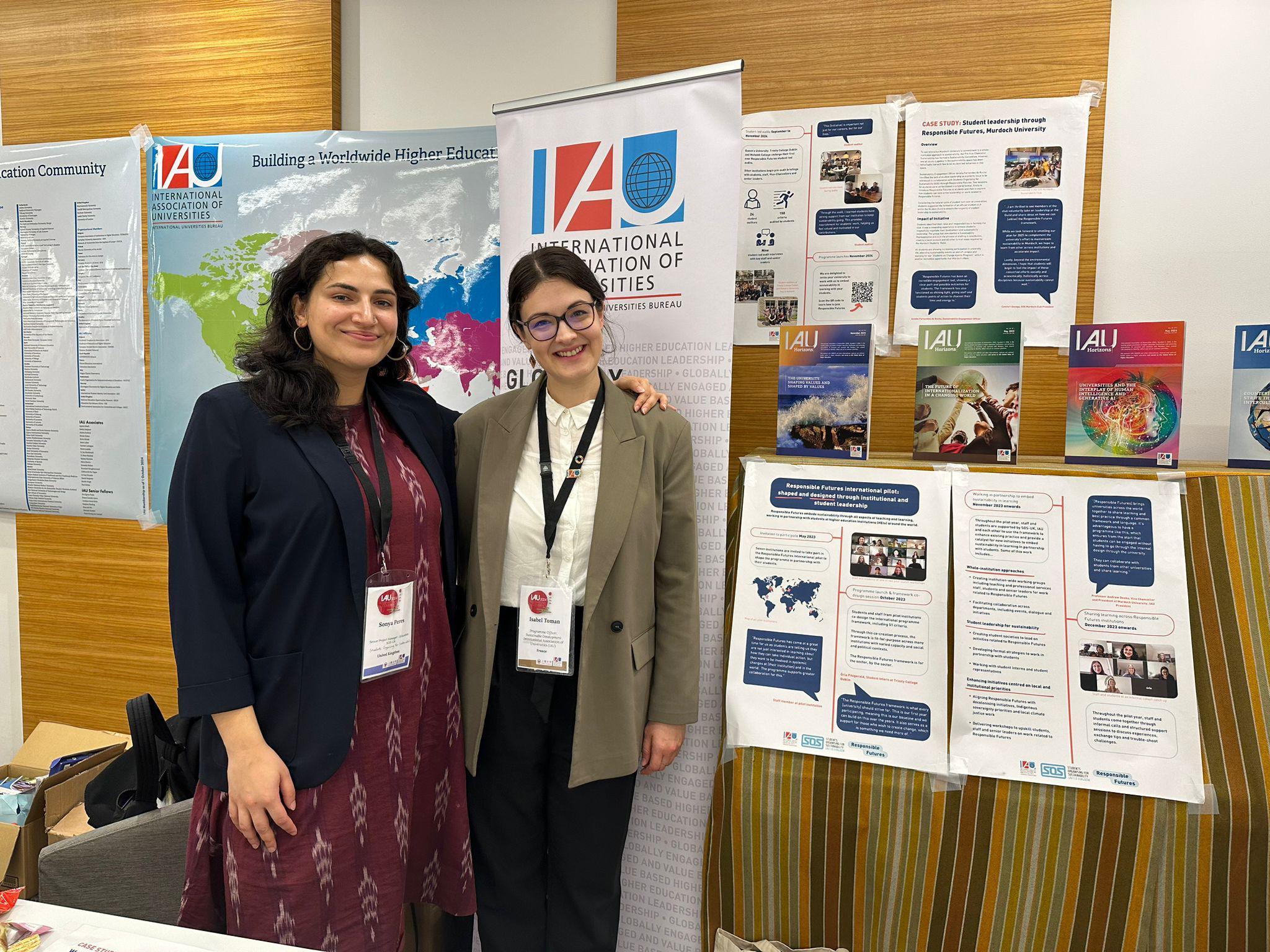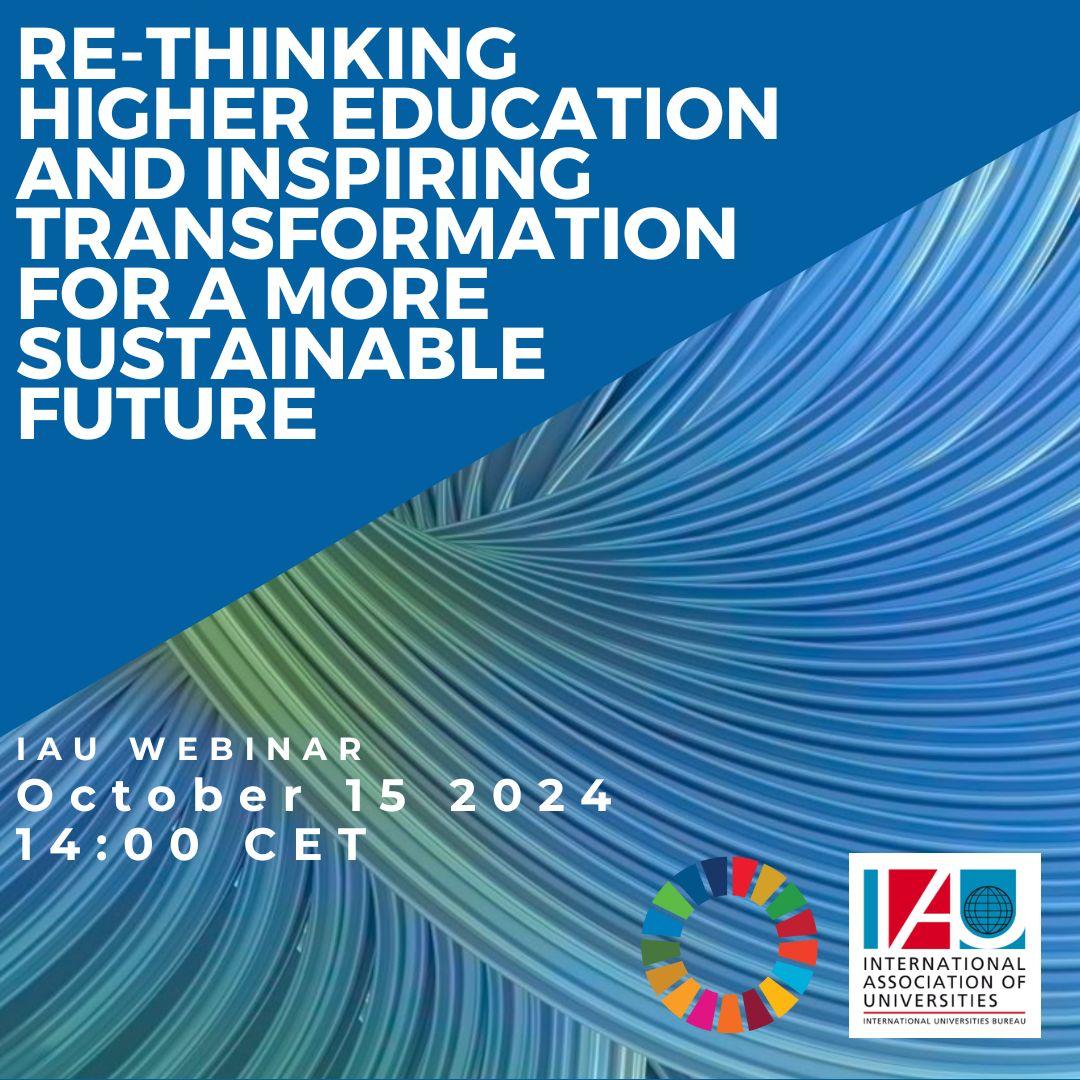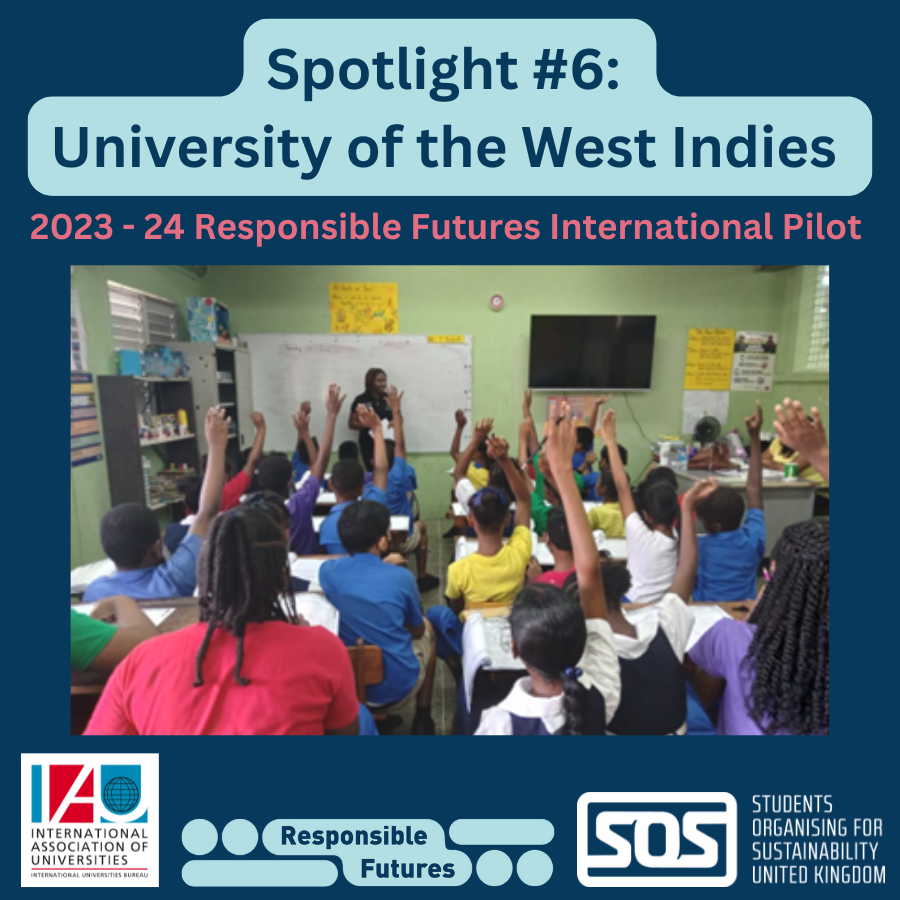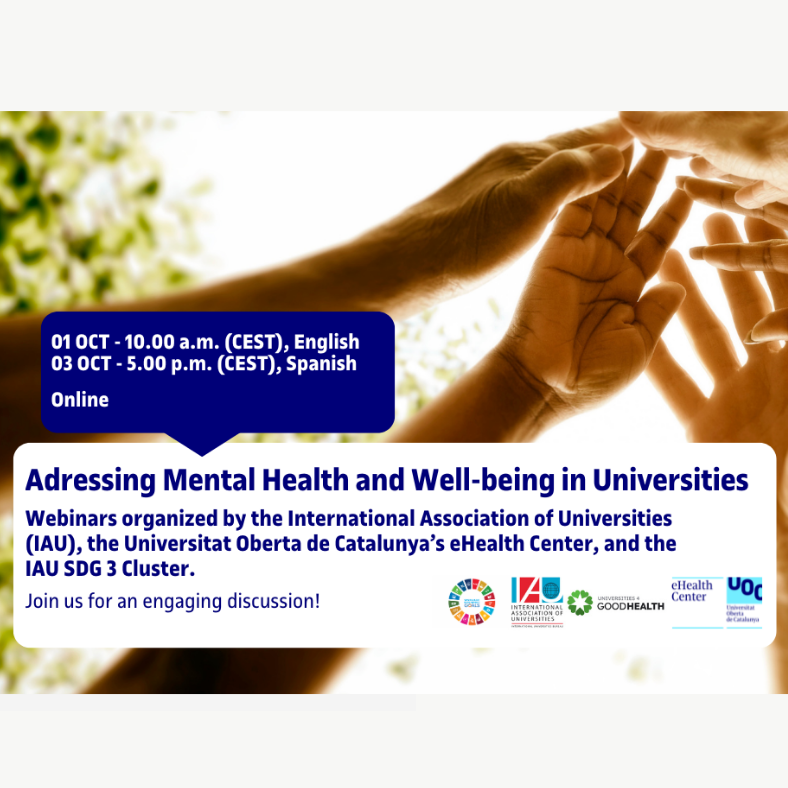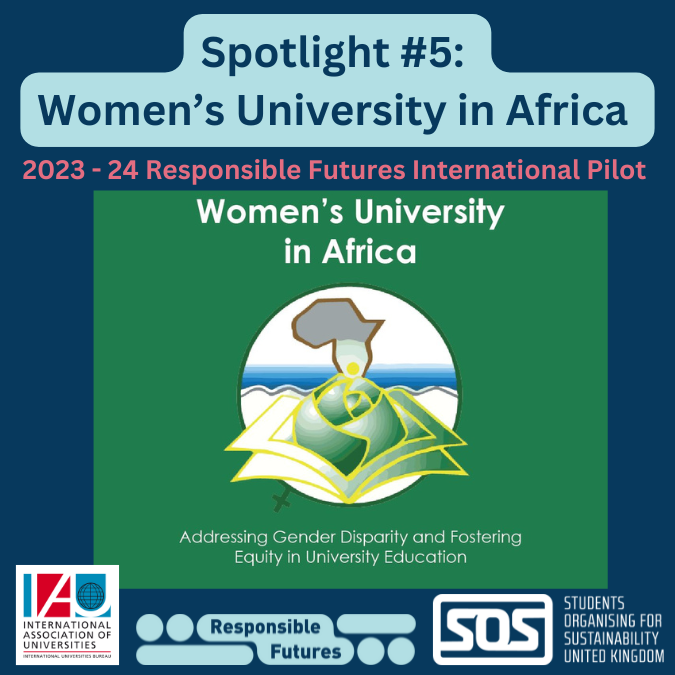
Showcase your institution's sustainability achievements with an application to the 2025 International Green Gown Awards.
3 reasons to apply as shared by last year's applicants:
• Elevate your institution’s sustainability profile on a national and regional scale
• Gain greater recognition and support from senior leaders for your sustainability work
• Showcase your project to inspire your staff and community
About the IGGAs
The International Green Gown Awards, organised by EAUC in partnership with the International Association of Universities, ACU and AUF, are now accepting applications. The awards recognise higher education institutions' initiatives for sustainable development, with several IAU Members among previous year winners and finalists.
This is your opportunity to gain global recognition and showcase leading institutions at the forefront of sustainability.
Highlight your institution’s commitment to sustainability with 8 categories to choose from. Categories covering all aspects of sustainability from student engagement to net-zero strategies these awards provide a global platform to celebrate institutions making a real difference.
Applications are open – join us to showcase your work and inspire a more sustainable future.
Apply now and share with colleagues:
https://www.greengownawards.org/enter-apply-now
Deadline: 28 April 2025
